Roma and Diversity Awareness Week/Týden romské kultury a diverzity
Year 3 trip to Lety

Roma and Diversity Awareness Week/Týden romské kultury a diverzity
Year 3 trip to Lety
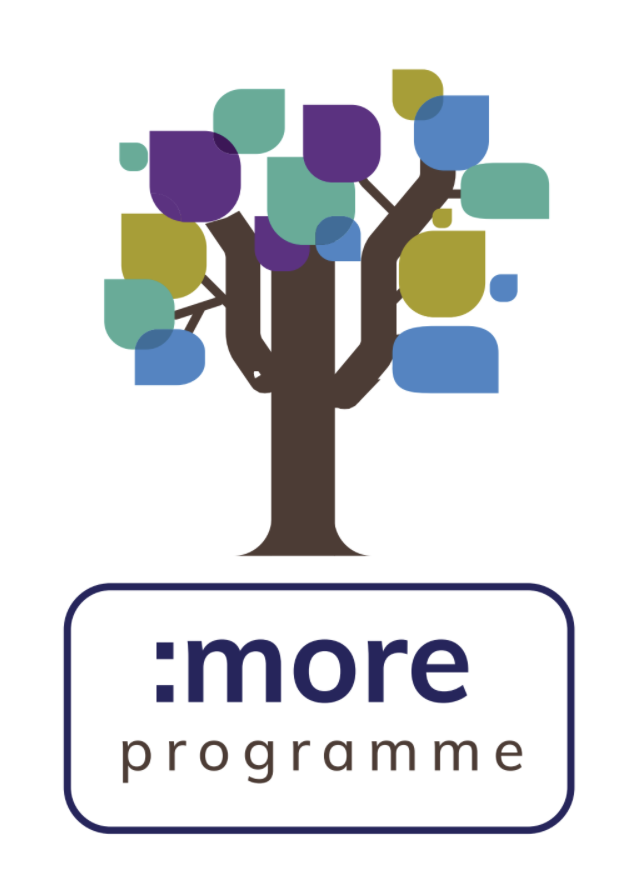

Every year, the Roma and Diversity Awareness Week is held at our school and culminates with a concert in support of the Václav Havel Scholarship. The whole week as well as the concert are organised by our scholars led by Deputy Head Co-Curricular, Mrs Švejdová. At the opening assembly on Monday, the scholars explained how the week would proceed and presented all the activities. During the assembly, important words of Karel Schwarzenberg, our patron, were mentioned. He reminded everyone of the importance of our help to the Roma community.


The project also includes the nationwide art competition Třikrát co!, in which 27 schools from all over the country took part this year. The competition helps spread the philosophy of the Václav Havel Scholarship and thus helps break down prejudices in society.
We are glad that the Ministry of Education has granted its patronage to both the art competition and the concert.
The complex programme of the entire week, the competition and the concert have already become traditions at the ECP and represent a relatively unique example of student activity in their scope.
Mgr. Alena Švejdová
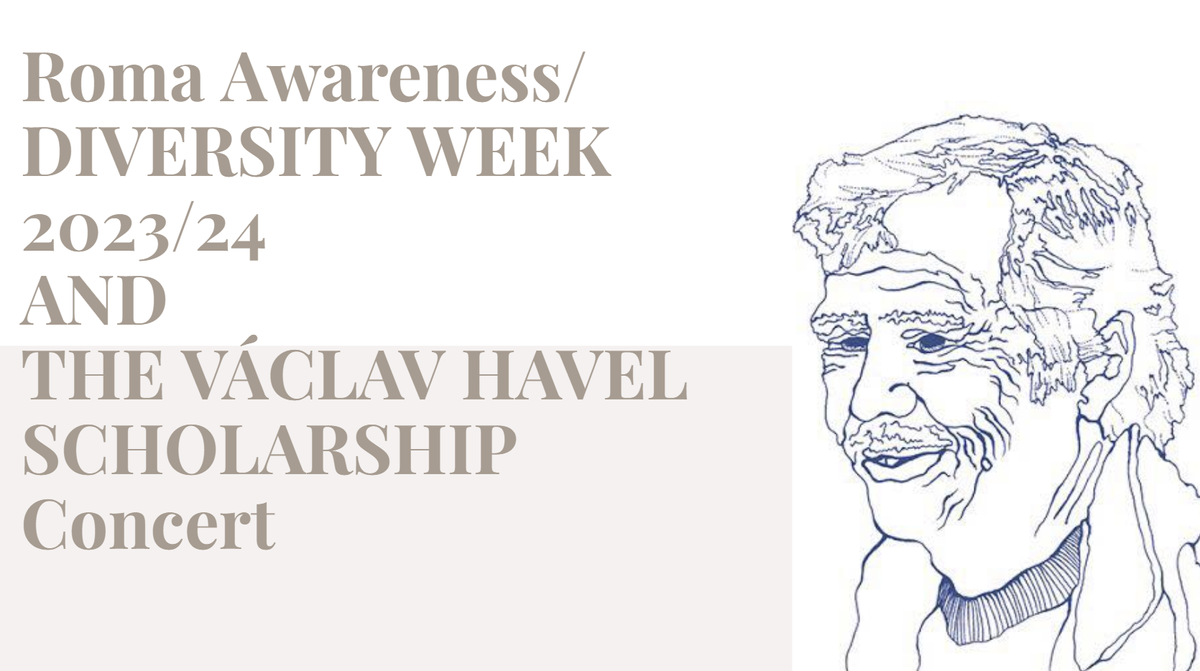

Každoročně se v naší škole koná Týden romské kultury a diverzity, jenž vrcholí koncertem na podporu Stipendia Václava Havla. Týden i koncert organizují naši stipendisté vedeni prof. Alenou Švejdovou. Na úvodním assembly v pondělí stipendisté celé škole vysvětlili, jak týden bude probíhat a zároveň představili aktivity týdne. V průběhu assembly také zazněla důležitá slova Karla Schwarzenberga, našeho patrona, která všem připomněla důležitost naší pomoci romské komunitě.
Součástí celého projektu je i celostátní výtvarná soutěž Třikrát co!, jíž se letos účastnilo 27 škol z celé republiky. Soutěž pomáhá šířit dobrou myšlenku Stipendia Václava Havla a pomáhá tak bořit předsudky ve společnosti.
Jsme rádi, že Ministerstvo školství udělilo svou záštitu jak soutěži, tak koncertu.
Ucelený program celého týdne, soutěž i koncert se staly ve škole již tradicí a jsou svým přesahem poměrně unikátním příkladem studentské aktivity.
Mgr. Alena Švejdová


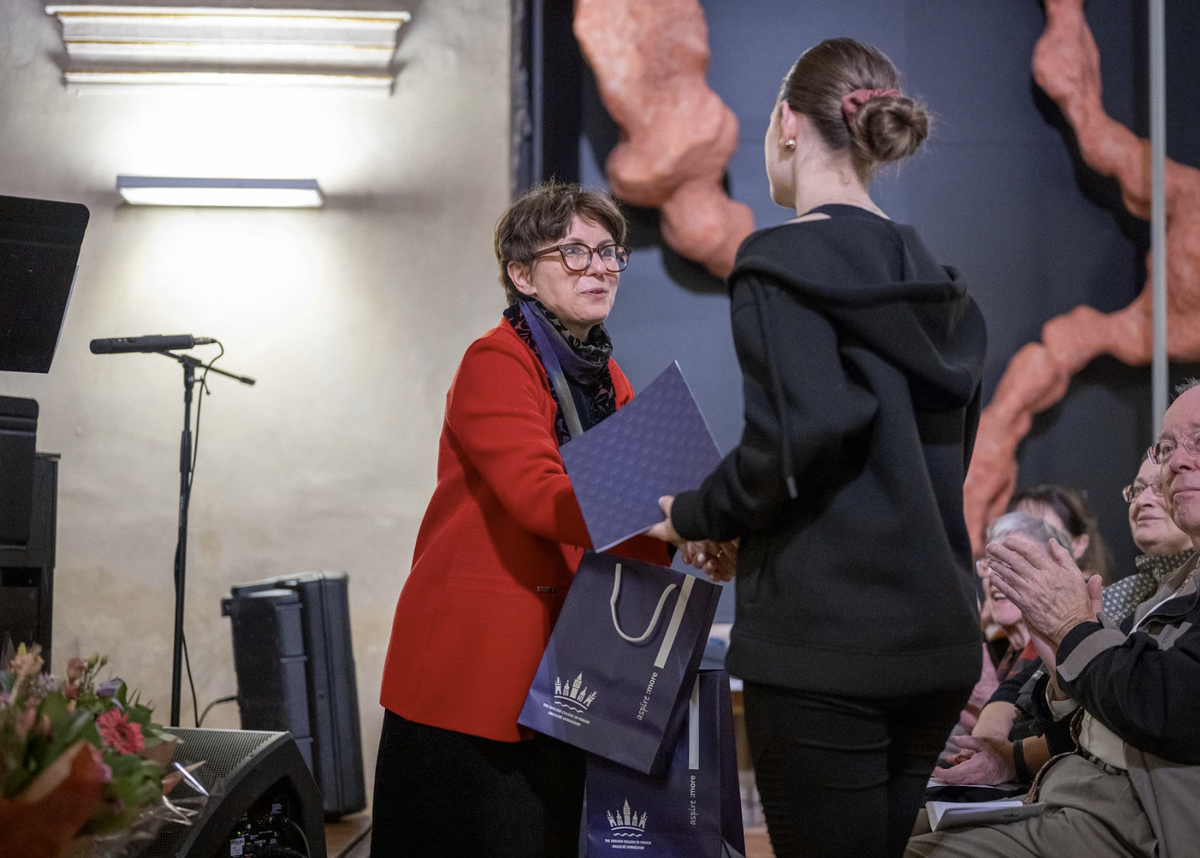

Kher Publishing House
We are really happy to continue our collaboration with KHER, the Roma publishing house, for the second year in a row. We had the opportunity to sell bilingual books written by Roma authors. We hoped to raise the awareness of the Romani language through the medium of literature.
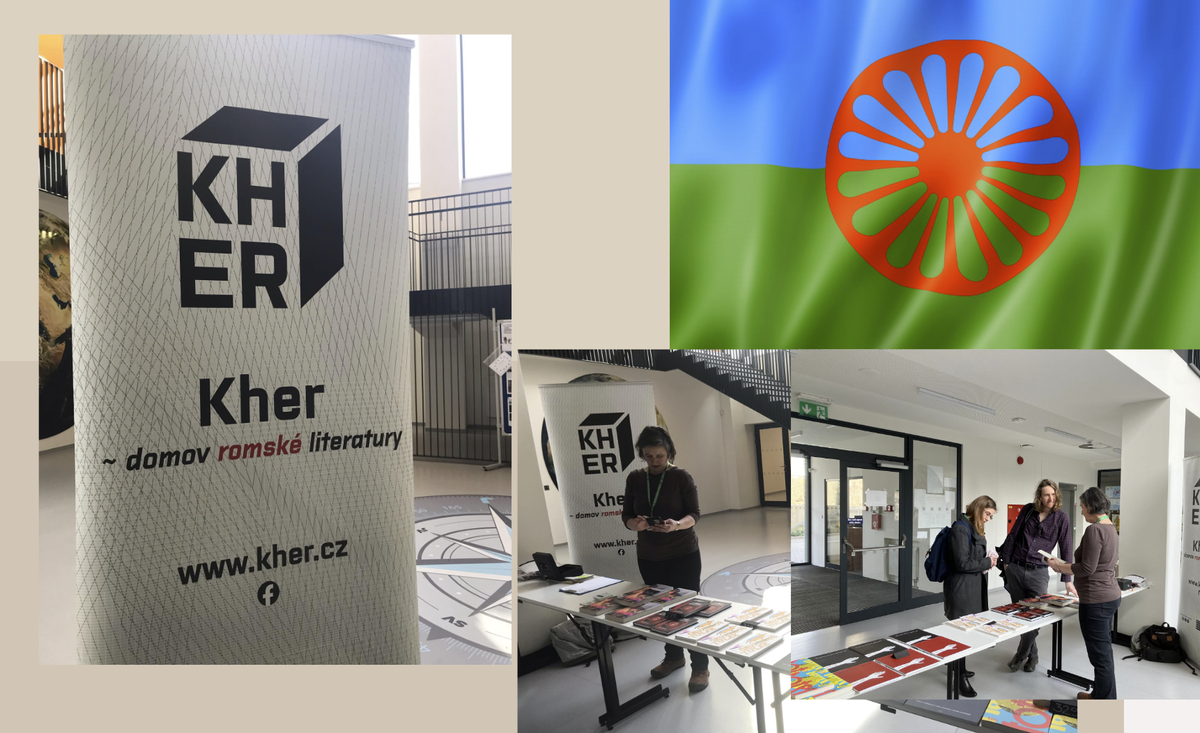

Jsme opravdu rádi, že již druhým rokem pokračujeme ve spolupráci s romským vydavatelstvím KHER. Měli jsme možnost nabídnout dvojjazyčné knihy romských autorů. Doufali jsme, že prostřednictvím literatury zvýšíme povědomí o romštině.
Part of the diversity week were the small basketball tournaments on Monday and Friday during the two lunch breaks. The four different houses competed.
On Monday we had competitions that included Beat the buzzer and the three point challenge. On Friday we had the free throw challenge and the five spot game. In the end Ventus won!


Součástí Týdne romské kultury byly i malé basketbalové turnaje, které se konaly v pondělí a pátek během dvou delších přestávek. Do soutěže se zapojili zástupci všech čtyř kolejí. V pondělí byly na programu soutěže Porazte bzučák a Tříbodová výzvu. V pátek následovala
Výzva k volnému hodu a Pětibodová hra. Nakonec celkově vyhrála kolej Ventus!
As part of the activities for Roma Awareness and Diversity Week, Year 3 students participated in a workshop focusing on the Roma Holocaust, followed by a trip to the Roma concentration camp in Lety u Písku. During the workshop, students learned about Roma individuals who experienced the Holocaust, preparing them for the visit to Lety. The trip to Lety was a very powerful and memorable experience for the students. Both of these experiences aimed at improving their understanding of the Roma Holocaust.
Adam Laburda, Annáš Rychtera


V rámci aktivit Týdne romské kultury a diverzity se žáci 3. ročníku zúčastnili workshopu zaměřeného na romský holocaust a následně jeli na výlet do romského koncentračního tábora v Letech u Písku. Během workshopu se studenti dozvěděli o Romech, kteří zažili holocaust, a připravili se na návštěvu Let. Výlet byl pro studenty velmi silným a nezapomenutelným zážitkem. Obě tyto zkušenosti měly za cíl zlepšit jejich chápání romského holocaustu.


In the middle of the Roma Awareness Week, years 4 and 5 could watch a debate that pondered the effect of the globalization of culture on the unique cultural identities in Europe. I, along with five other panellists and Mr. Bleaks, as the moderator, were the main participants in the discussion. The panel consisted of special guests, Viktor Kundrák, the Director of the Department of Human Rights, Michal Miko, the founder of RomanoNet, and Michal Zapletal, an architect and ECP alumnus. Along with them there was also year 4 student Eileen Griffin and trainee teacher Chloe Laycock.


While the debate certainly took its own course, there were many interesting topics and questions brought up. Mr. Kundrák described how there are elements of cultures which our Western society might not wish to preserve and the conflict that arises from that. He gave the example of FGM, where while it is an aspect of certain African cultures till this day, this aspect might not be accepted by Western society. This is an important discussion to be had in the growing cultural homogenization of the world, where we have to actively preserve unique cultures. Yet again, who are we to decide?
Mr. Miko reacted to an interesting question from one of the students regarding the differences and reasons for the integration of Roma and Vietnamese people in the Czech Republic. He explained that there are different kinds of stereotypes and, as a result, different types of discrimination. He outlined the differences between how the Roma and the Vietnamese are perceived and discriminated against, which was a very interesting insight. Furthermore, he spoke about the segregation of Roma schools and the government’s current lack of action to combat it.


Near the end of the discussion, more students asked questions and we eventually stumbled upon the Czech Republic’s response to the refugee crises of the Syrian Civil War and following the Russian Invasion of Ukraine. There was active criticism of the response from both the students and the panellists and a question arose regarding whether or not the difference between the two was racially or culturally motivated.
The students were left with the final thoughts of the panellists, encouraging students to research and learn about different cultures, emphasizing the need to preserve them, and to use globalization as a tool to combat its less desired effects. Overall, the debate fit more so the format of a discussion but it ended up stirring up conversation even outside of the classroom.
Tadeáš Vácha, Year 4
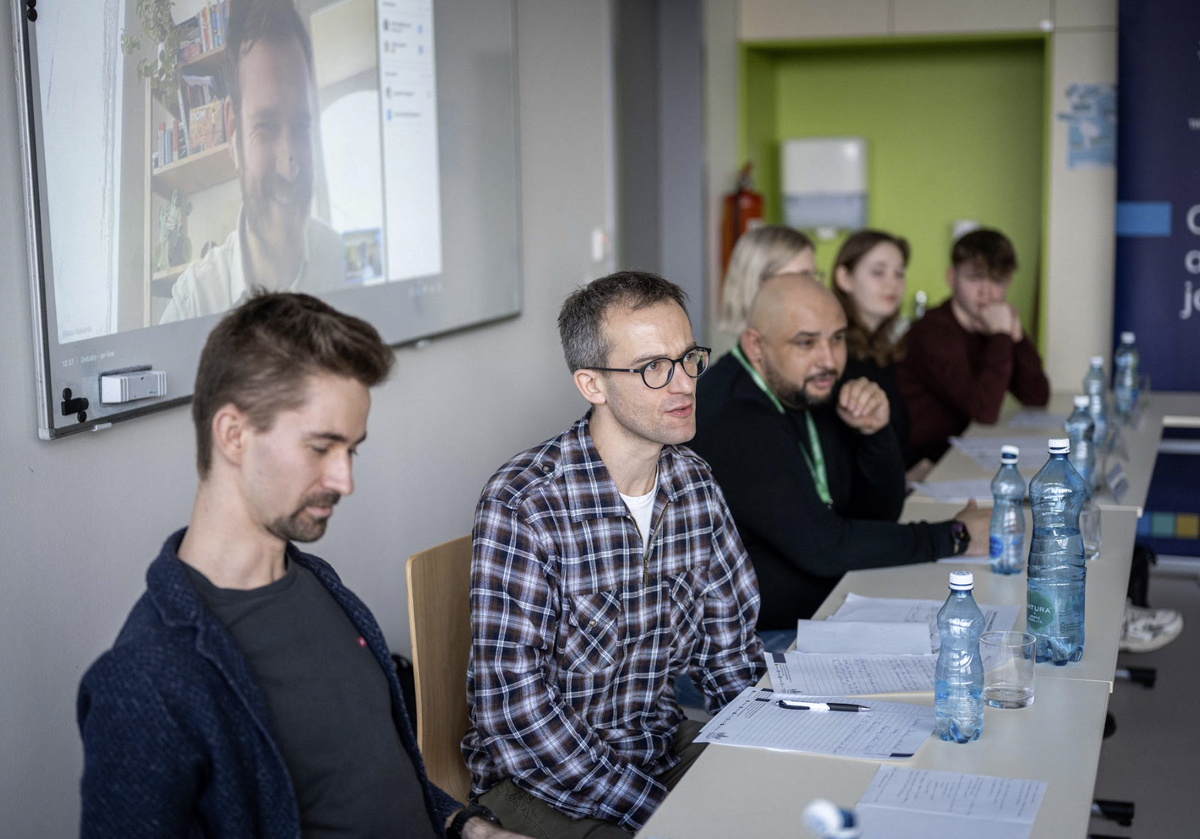

Uprostřed Týdne romské kultury a diverzity mohli studenti 4. a 5. ročníku sledovat debatu, která se zamýšlela nad vlivem globalizace kultury na jedinečné kulturní identity v Evropě. Spolu s dalšími pěti panelisty a panem Bleaksem jako moderátorem jsem byl mezi hlavními účastníky diskuse. Panel tvořili speciální hosté, Viktor Kundrák, ředitel odboru pro lidská práva, Michal Miko, zakladatel RomanoNet, a Michal Zapletal, architekt a absolvent ECP. Spolu s nimi tam byla také studentka 4. ročníku Eileen Griffin a začínající učitelka Chloe Laycock.
I když debata se vydala svým vlastním směrem, zaznělo mnoho zajímavých témat a otázek. Pan Kundrák popsal, že existují prvky kultur, které si naše západní společnost možná nepřeje zachovat, a konflikt, který z toho pramení. Uvedl příklad FGM, kde i když je to dodnes aspekt některých afrických kultur, tento aspekt nemusí být západní společností akceptován. Toto je důležitá diskuse, kterou je třeba vést při rostoucí kulturní homogenizaci světa, kde musíme aktivně chránit jedinečné kultury. Kdo jsme, abychom vše rozhodovali?
Pan Miko reagoval na zajímavý dotaz jednoho ze studentů ohledně rozdílů a důvodů integrace Romů a Vietnamců v České republice. Vysvětlil, že existují různé druhy stereotypů a v důsledku toho různé typy diskriminace. Nastínil rozdíly mezi vnímáním a diskriminací Romů a Vietnamců, což byl velmi zajímavý poznatek. Dále hovořil o segregaci romských škol a o současném nedostatku opatření vlády v boji proti ní.
Ke konci diskuse studenti pokládali mnoho otázek a nakonec jsme narazili na reakci České republiky na uprchlické krize syrské občanské války a po ruské invazi na Ukrajinu. Odezva byla aktivně kritizována jak ze strany studentů, tak panelistů a vyvstala otázka, zda rozdíl mezi nimi byl rasově nebo kulturně motivován či nikoli.
Poté studenti vyslechli závěrečné myšlenky panelistů, které povzbuzovaly k tomu, abychom zkoumali a poznávali různé kultury, zdůrazňovali nutnost jejich zachování a využívání globalizace jako nástroje k boji s jejími méně žádoucími dopady. Celkově debata více odpovídala formátu diskuse, ale nakonec rozvířila konverzaci i mimo třídu.
Tadeáš Vácha, 4. ročník
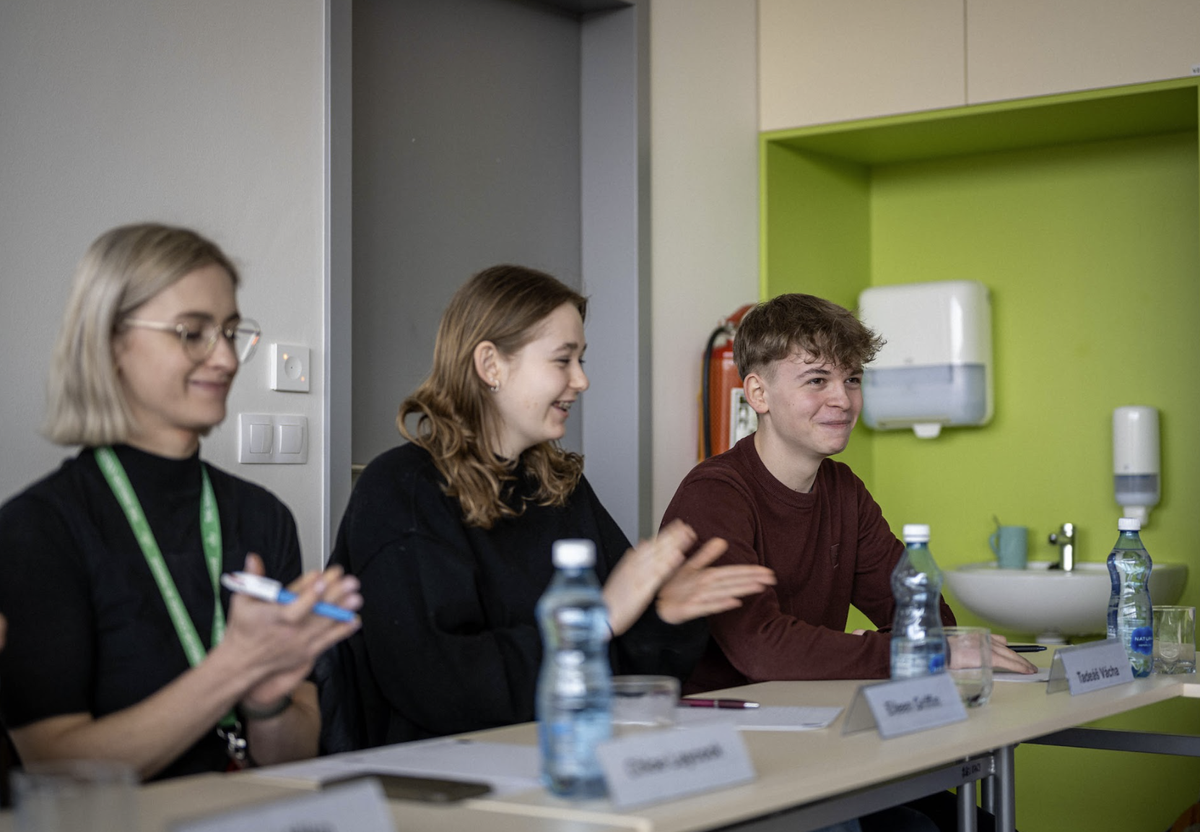

For this year’s Roma awareness and diversity week Years 4 and 5 had the opportunity to watch a debate. The debate consisted of a strong panel that included guest speakers, as well as student and teacher representatives. Each panelist brought unique perspectives and ideas: Viktor Kunderák, who is the director of the Department of Human Rights, managed to join us online and used his background in law to frame culture and weigh the impact of increased global interconnectedness on cultural identities/minorities and development. Michal Miko, founder of RomanoNet, brought his unique, first hand experience from growing up and working with Roma communities to the debate. Michal Zapleta, student of Architecture at ČVUT and former ECP student, looked at culture from an architectural and monument perspective, i.e. the imprint of culture on a city.
The ample time we had together was largely spent intently listening to the panellists. With Mr. Bleaks as the moderator, each speaker was asked a unique question to start off, which provided them with the opportunity to share their insight while allowing a variety of interesting topics to open up. As our time progressed, the discussion naturally took its own course, leaning into topics of deeper interest and higher discussion opportunities. Towards the end of the session our students presented the panel, or specific guests if they wished, with thought provoking questions. Speakers had the opportunity to share their thoughts on, for example, why different minorities receive different levels of discrimination or possible steps to help protect cultures. The discussion promoted interaction between the students and panellists as we worked together to reach a conclusion.
When exploring culture and diversity a panel discussion is an appropriate and engaging approach. The wide selection of guests allowed for a variety of perspectives that would be difficult to achieve within the confines of a classroom. Additionally, it was a great way to open up discussion between students outside of the session.
Esme Kálovcová, Year 4


V rámci letošního Týdne o romské kultury a diverzity sledovali studenti 4. a 5. ročníku debatu. Významný panel zahrnoval hostující řečníky a také zástupce studentů a učitelů. Každý z panelistů přinesl jedinečné pohledy a nápady. Viktor Kunderák, který je ředitelem odboru pro lidská práva, se k nám připojil online, využil své právní znalosti k definování kultury a zvážení dopadu zvýšené globální propojenosti na kulturní identity/menšiny a rozvoj. Michal Miko, zakladatel RomanoNet, přinesl do debaty své jedinečné zkušenosti z první ruky z dospívání v romských komunitách a práci s nimi. Michal Zapletal, student architektury na ČVUT a bývalý student ECP, nahlížel na kulturu z architektonické a památkové perspektivy, tedy na otisk kultury ve městech.


Čas věnovaný debatě jsme strávili převážně soustředěným nasloucháním panelistům. S panem Bleaksem jako moderátorem byla každému řečníkovi položena jedna hlavní na začátek, což hostům poskytlo příležitost podělit se o svůj pohled a zároveň umožnilo otevřít řadu zajímavých témat. Jak naše doba pokročila, diskuse přirozeně získala svůj vlastní směr, nakláněla se do témat hlubšího zájmu a větších příležitostí k diskusi. Ke konci přednášky naši studenti předložili panelu, nebo konkrétním hostům, pokud si tak přáli, otázky k zamyšlení. Řečníci měli možnost podělit se o své myšlenky například o tom, proč jsou různé menšiny diskriminovány na různých úrovních, nebo o možných krocích k ochraně kultur. Diskuse podpořila interakci mezi studenty a panelisty v rámci společného vytvoření závěru.
Při zkoumání kultury a rozmanitosti je panelová diskuse vhodným a poutavým přístupem. Široký výběr hostů umožňoval různé pohledy, kterých by bylo obtížné dosáhnout při studiu ve třídě. Navíc to byl skvělý způsob, jak otevřít diskusi mezi studenty i po skončení debaty.
Esme Kálovcová, 4. ročník
During the diversity week Year 1 students had a presentation about the roots of Roma. A professor from Charles University gave the presentation. We learned where the Roma people came from and where they went in the world.
We also learned about the Roma flag and the professor told us what each part of the flag represents. We learned in which countries they live in and how many there are in each country. He also talked about his own experiences, which taught us a lot and definitely changed our perspective on the Roma community.
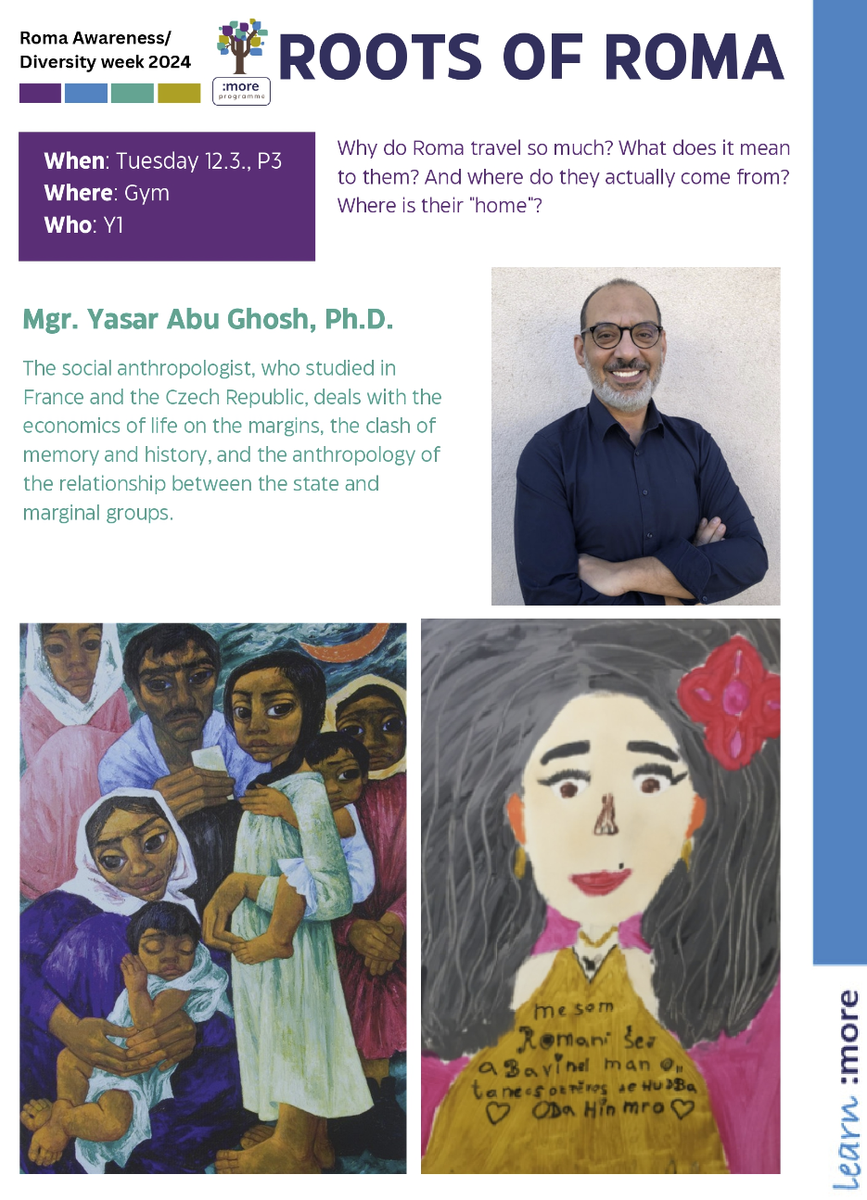

Během Týdne diverzity se rovněž konala prezentace o kořenech Romů pro 1. Ročník. Prezentaci přednesl profesor z Univerzity Karlovy. Dozvěděli jsme se, odkud Romové přišli a kam se přesunuli. Dozvěděli jsme se také o romské vlajce a pan profesor nám řekl, co která část vlajky představuje. Zjistili jsme, ve kterých zemích Romové žijí a kolik jich v jednotlivých zemích je. Pan profesor hovořil také o svých vlastních zkušenostech, které nás mnohému naučily a rozhodně změnily náš pohled na romskou komunitu.
Viola Visser, Year 1/1. ročník


Year 2 students traditionally focus on the film How I Became a Partisan. The workshop gives them an insight into the process of how the film was created and what the young director Vera Lacková had to deal with. The students learned about the resistance of the Roma during the war and at the same time remembered the negative impact of discrimination not only on the Roma community, but on the whole of society.
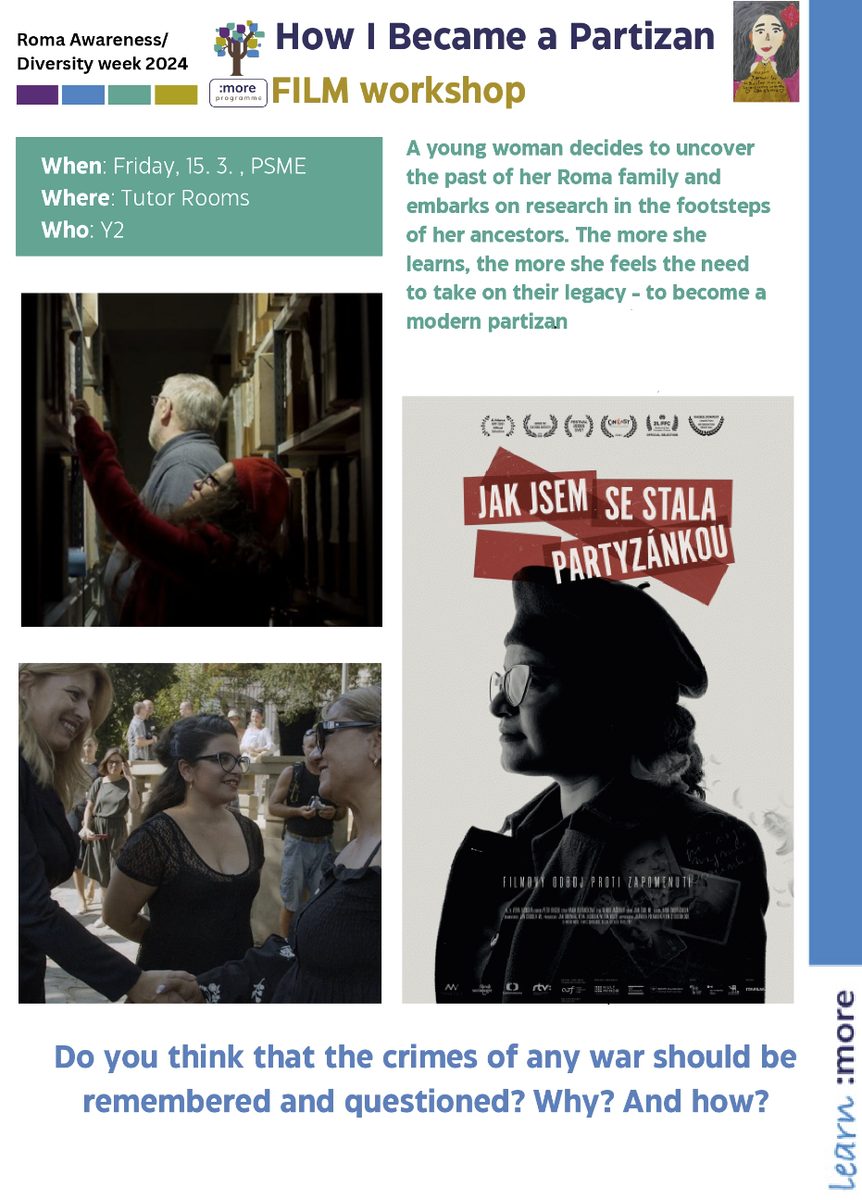

Studenti 2. ročníku se již tradičně zabývají filmem Jak jsem se stala partyzánkou. Workshop jim umožnil nahlédnout do procesu, jak film vznikal a s čím se mladá režisérka Vera Lacková musela potýkat. Studenti se dozvěděli o rezistenci Romů za války a zároveň si připomněli negativní dopad diskriminace nejen na romskou komunitu, ale na celou společnost.